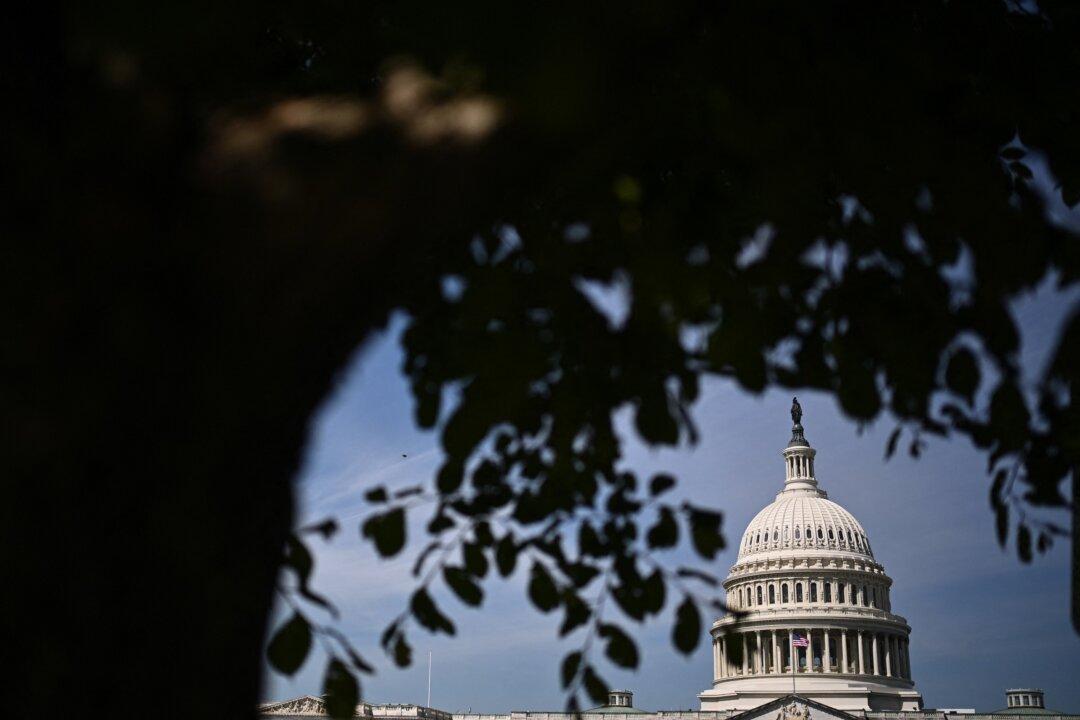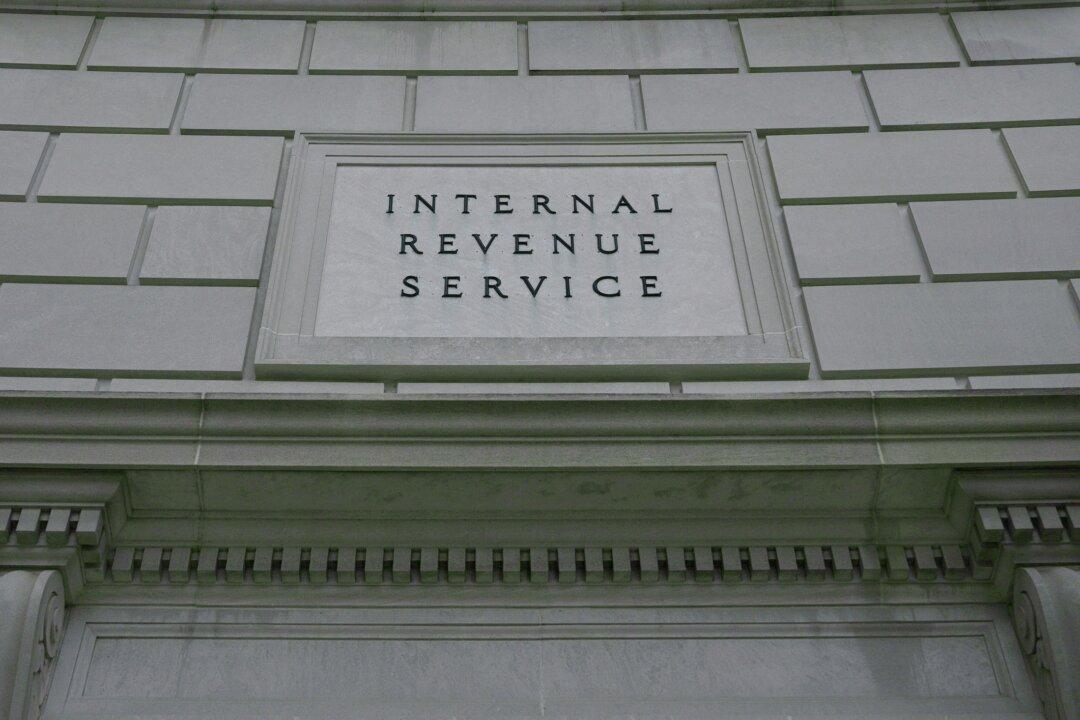Commentary
New York City, long recognized as a global financial hub and one of the foremost business centers in the world, has faced stark criticism from nearly every industry for tarnishing its business reputation by embracing partisan lawfare and increasing a never-ending barrage of regulatory red tape in recent years.





